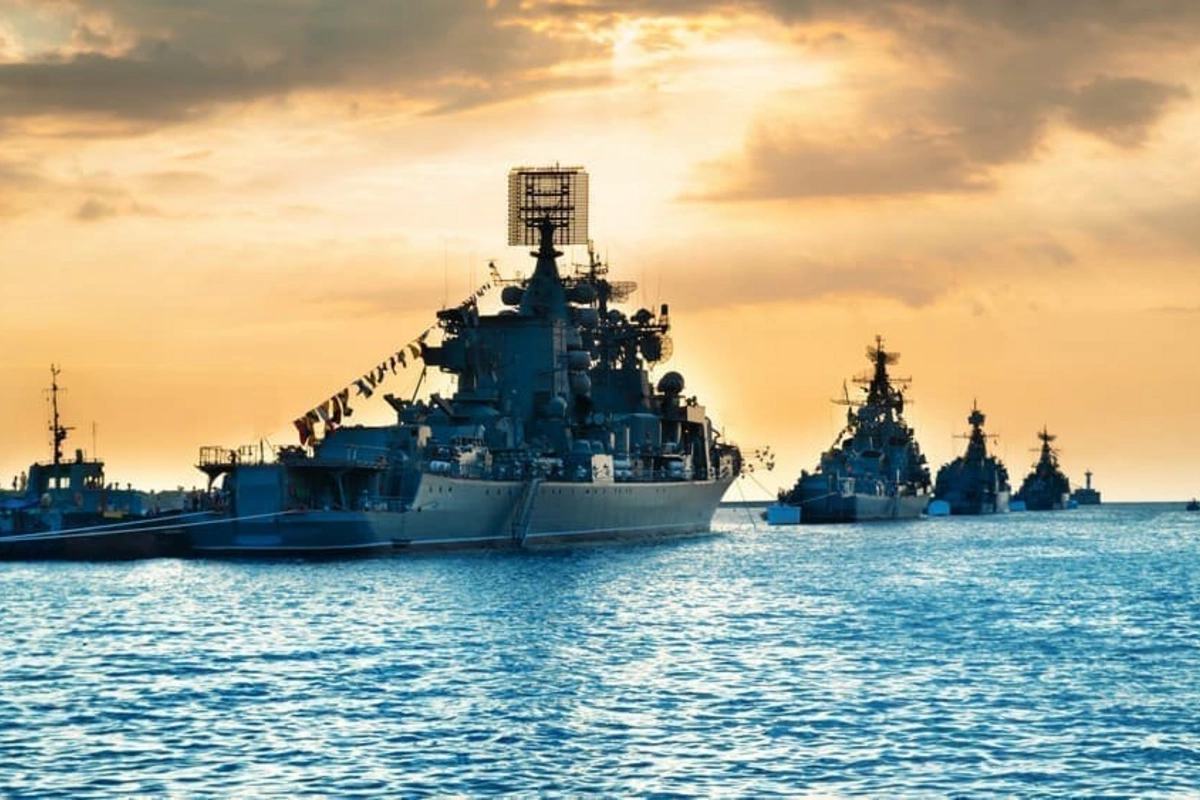
Ukrainian officials reported Russian jets firing missiles from the sea in the first days of Moscow’s full-scale invasion in 2022 and have done so repeatedly since.
Photo: oilprice.com
Russian military forces around the Caspian Sea seem to be targeting Ukraine, causing unmeasured environmental damage and unknown casualties and destruction upon hitting their targets, The Caspian Post reports citing foreign media.
Ukrainian officials reported Russian jets firing missiles from the sea in the first days of Moscow’s full-scale invasion in 2022 and have done so repeatedly since.
People living by the Caspian have also reported missile launches, in one case this year posting a video apparently showing a Kalibr cruise-missile launch.
Some locals have said military activity is causing pollution, while some journalists have suggested a link between the launches and die-offs of Caspian seals.
Russia has not confirmed its use of the Caspian for attacks on Ukraine, but it was not always so coy. In October 2015, official media quoted then-Defense Minister Sergei Shoigu as saying that the Caspian Sea Fleet had hit targets in Syria using Kalibr missiles. There was another such report the following year.
Reported attacks since 2022 have mostly come from the bombers cruising above the Caspian, firing X-55 cruise missiles.
It's possible the Caspian Fleet has fired Kalibr missiles, but the Ukrainian armed forces have said there's no clear evidence.
A video posted by local fishermen in June shows two missiles. The behavior of the tail unit is more like that of a Kalibr than an air-launched cruise missile.
But local concerns about the environmental impact of Russia’s Caspian Fleet predate the full-scale invasion. Moscow was already building a new base for the fleet at Kaspiisk, in Daghestan, and in June 2020 held a parade of ships there.
A local man told RFE/RL that the event, which has been held annually ever since, leaves the sea covered with oil and is followed by dead fish piling up on the shore.
"About 30 years ago, the sea was full of life. Not anymore. I swam out to the ships in the summer and saw what was going on. The Caspian Fleet is one of the factors," he said.
Share on social media